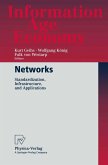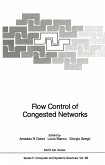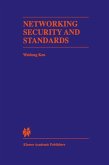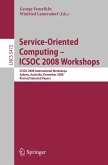Standards play a prominent role in systems characterized by interaction. In information systems, standards provide for compatibility and are a prerequisite for collaboration benefits. More generally speaking, standards constitute networks. In this work, a standardization framework based on an analysis of deficiencies of network effect theory and a game theoretic network equilibrium analysis is developed. Fundamental determinants of diffusion processes in networks (e.g. network topology, agent size, installed base) are identified and incorporated into a computer-based simulation model. As a result, typical network behaviour (specific diffusion patterns) can be explained and many findings from traditional network effect theory can be described as special cases of the model at particular parameter constellations (e.g. low price, high density). On this basis, solution strategies for standardization problems are developed, and a methodological path towards a unified theory of networks is proposed.
"... a very important contribution to the economics of standardization, and the results make the book a must for everyone working in the field." (International Journal of IT Standards and Standardization Research)
Dieser Download kann aus rechtlichen Gründen nur mit Rechnungsadresse in A, B, BG, CY, CZ, D, DK, EW, E, FIN, F, GR, HR, H, IRL, I, LT, L, LR, M, NL, PL, P, R, S, SLO, SK ausgeliefert werden.









